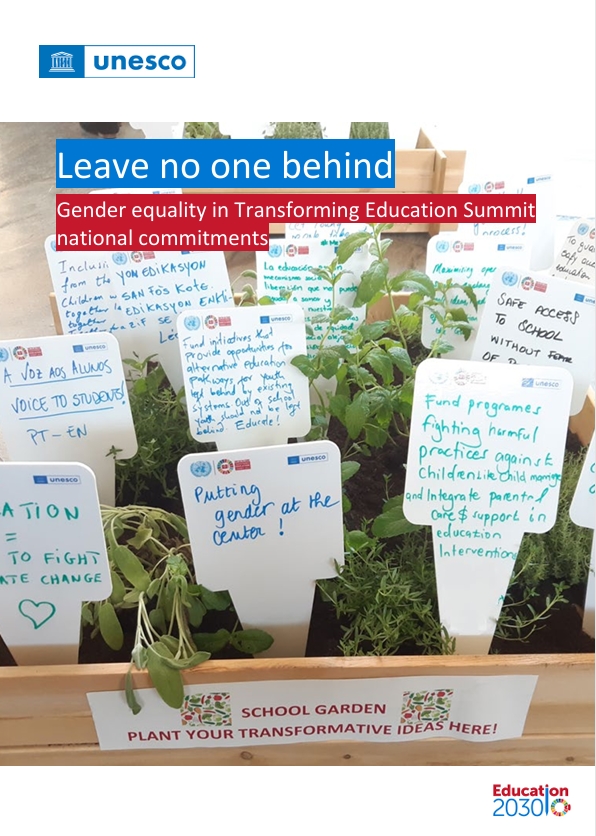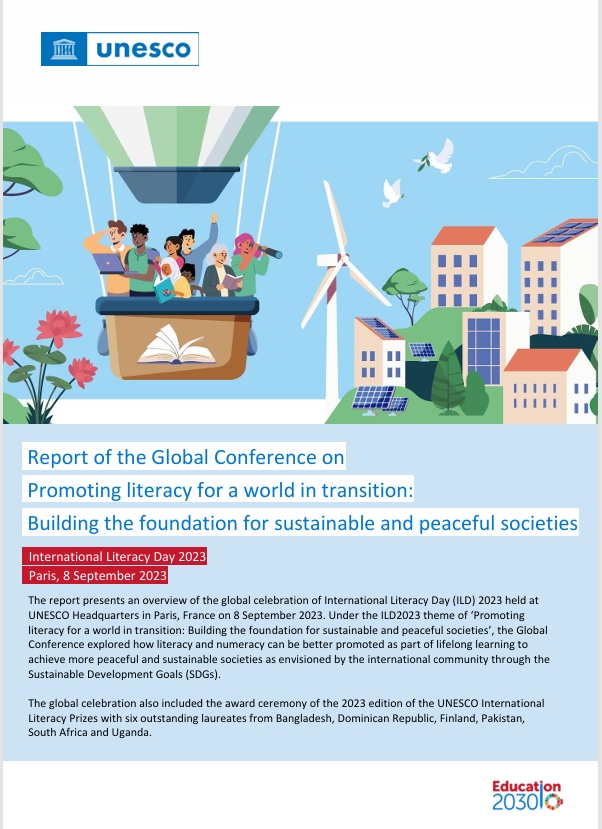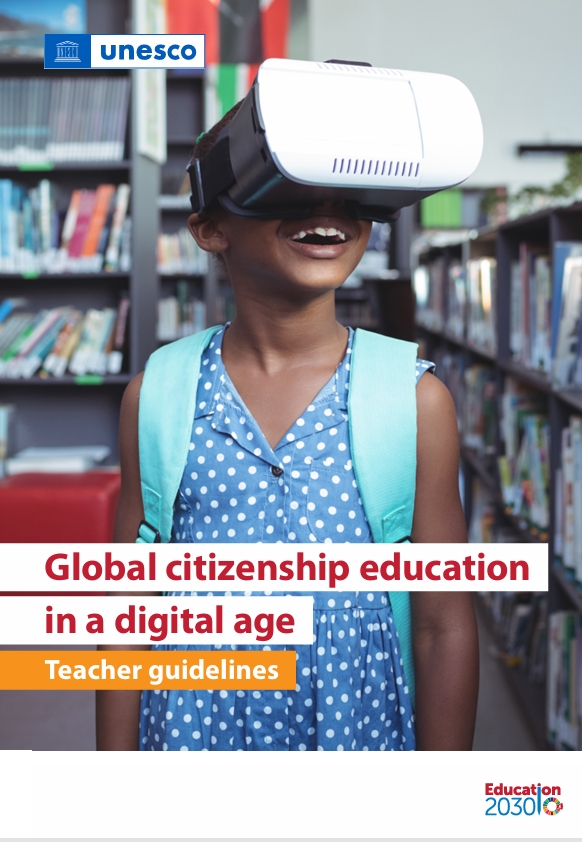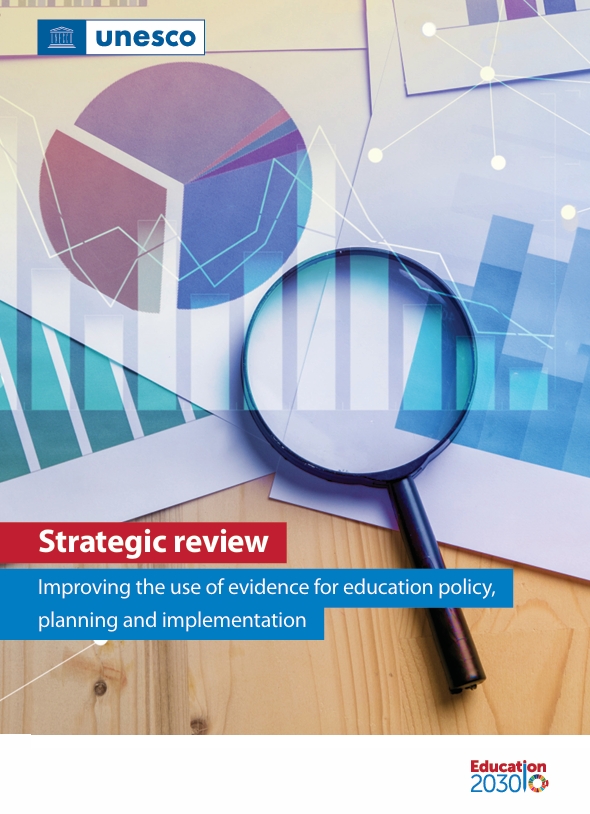The Transforming Education Summit (TES) commitments are an opportunity to expand work on gender equality in and through education, and support Member States to move from access and parity issues to system transformation. This analysis recognizes that countries and their education systems are at different points of development, and this was reflected in the scope of the commitments. The analysis looked at whether and to what extent national commitments highlighted gender dimensions throughout, applied a gender lens in terms of intersectional factors of marginalization, and were aspirational towards being gender-transformative.
131 national statements were analysed and five themes emerged that highlighted gender considerations:
Gender equality in education including interventions on gender parity across the education system, gender-responsive sector planning, budgeting and financing
Improving access to free, compulsory, equitable, quality education, for all
Pedagogy and curricula reform that addresses gender stereotypes, discrimination and promotes gender equality in and through digital skills and global citizenship education
School violence and gender-based violence prevention and response, and
Gender-responsive education in emergencies
The key findings from the analysis are:
67% (n=87) of countries made commitments towards gender equality, or had a focus on equity, diversity, gendered barriers and reaching the most marginalized populations (See Annex 1 for extracts from national commitments).
38% (n=33) of countries made specific commitments on transforming pedagogy and curricula towards building a just, equitable, sustainable and inclusive world. Examples include Chile, which affirmed the transformative role of education professionals in system innovation and called for teacher training to integrate gender into teaching and learning. Thailand and Honduras addressed curricula reform focused on gender equality, addressing gender stereotypes and all forms of exclusion. Cabo Verde committed to expand its ‘Digital Education for all’ programme focused on girls and women at primary, secondary and higher education. United Arab Emirates and the Philippines committed to equitable access to internet connection and computer devices to all students and staff.
57% (n=50) of countries made commitments to improve equity and quality basic education, and to provide educational opportunity (formal and non-formal) to all learners, irrespective of sex, disability, ethnicity, location or refugee status, or poverty. Twenty of these are in Sub-Saharan Africa, and specifically highlighted gendered barriers such as early and unintended pregnancies, distance to school, poverty, migrant/refugee status, child labour, gender-based violence, and disparity (related to girls and boys) in learning and transition to secondary education. Norway, Rwanda, St. Vincent and the Grenadines and Sweden highlighted boys’ disengagement from secondary education. Nauru addressed gender disparities in transition to secondary education, even though girls outperform boys in literacy and numeracy in primary school.
Few countries stood out as champions of gender equality in and through education, and strong commitments towards system transformation were skewed toward countries in Europe (12 out of 20 countries). Kuwait and Qatar referred to gender equality and mainstreaming in education, while Kyrgyz Republic committed to addressing gender disparities by strengthening data collection and educational planning. Jordan was the only country that referenced its Gender Equality Strategy.
Overall, the commitments fall short in embedding gender equality at the heart of education systems and investing in interventions and programmes that address structural gender disparities, promote women’s leadership, and shift harmful gender norms within and through the education system.
Connect with us :






